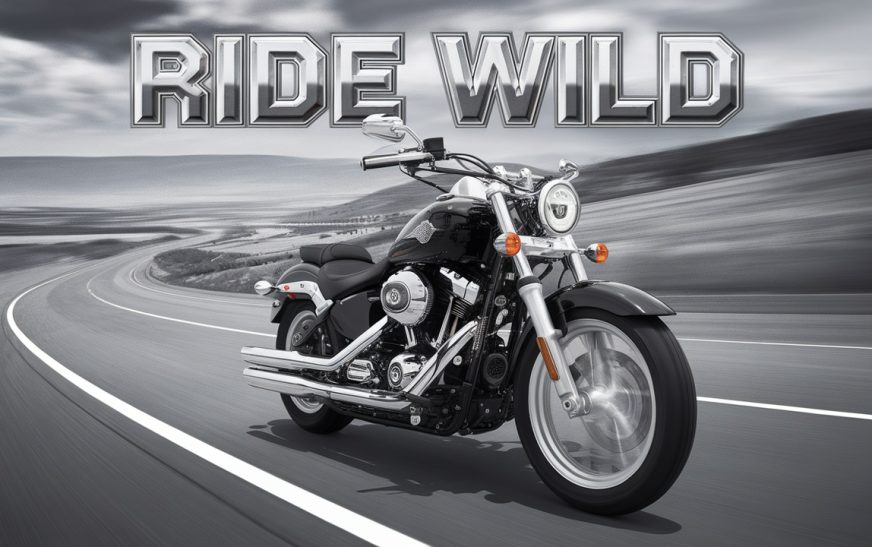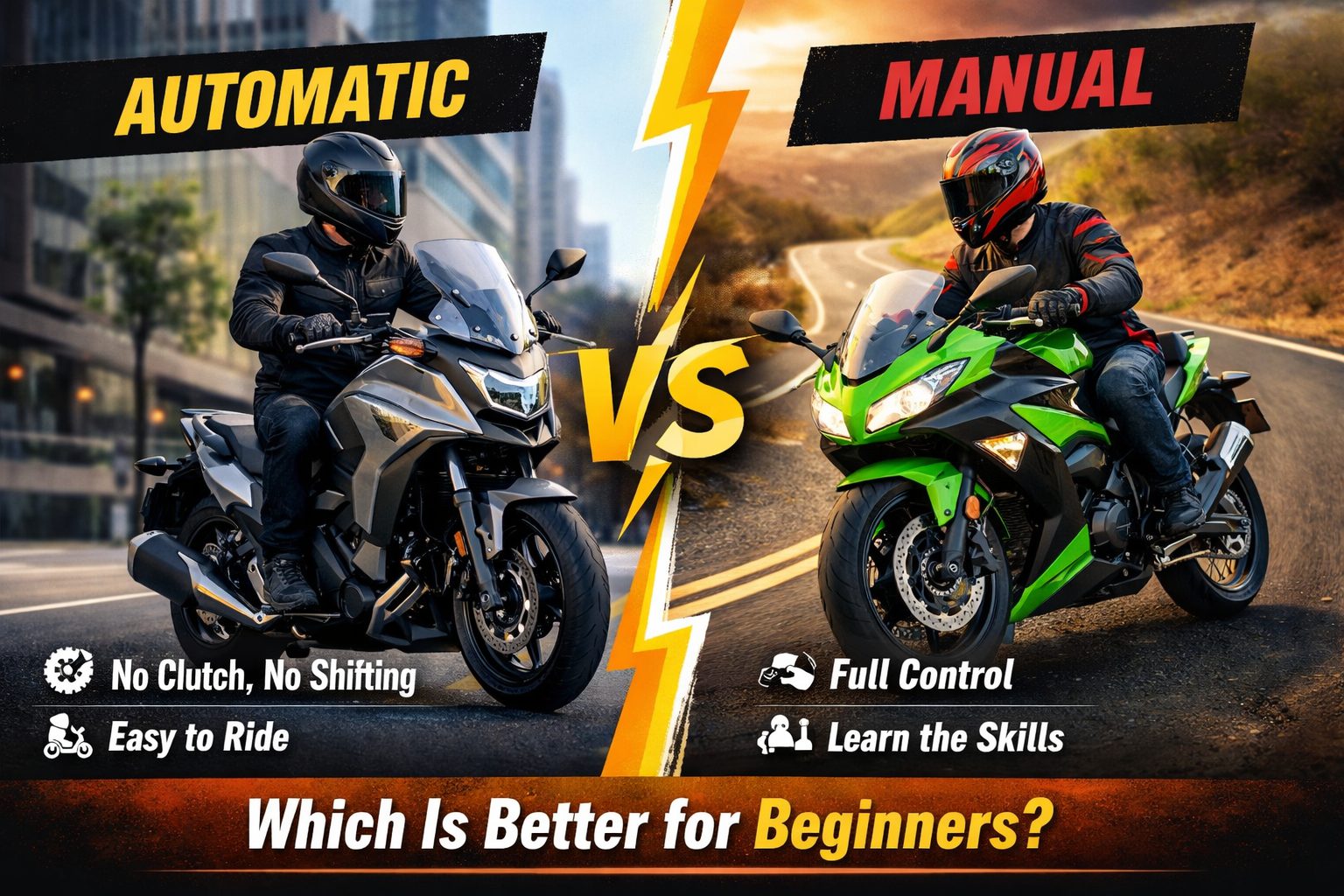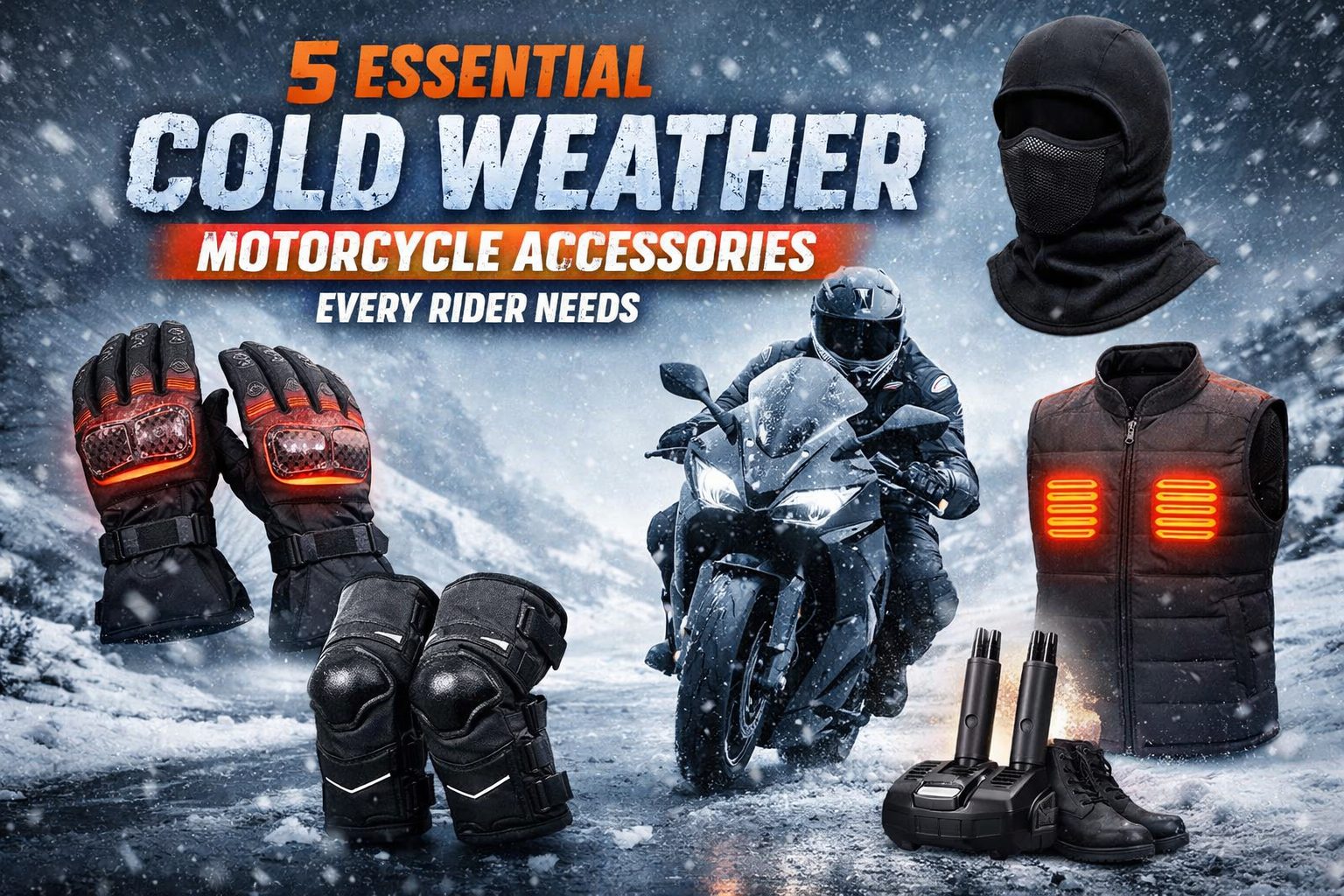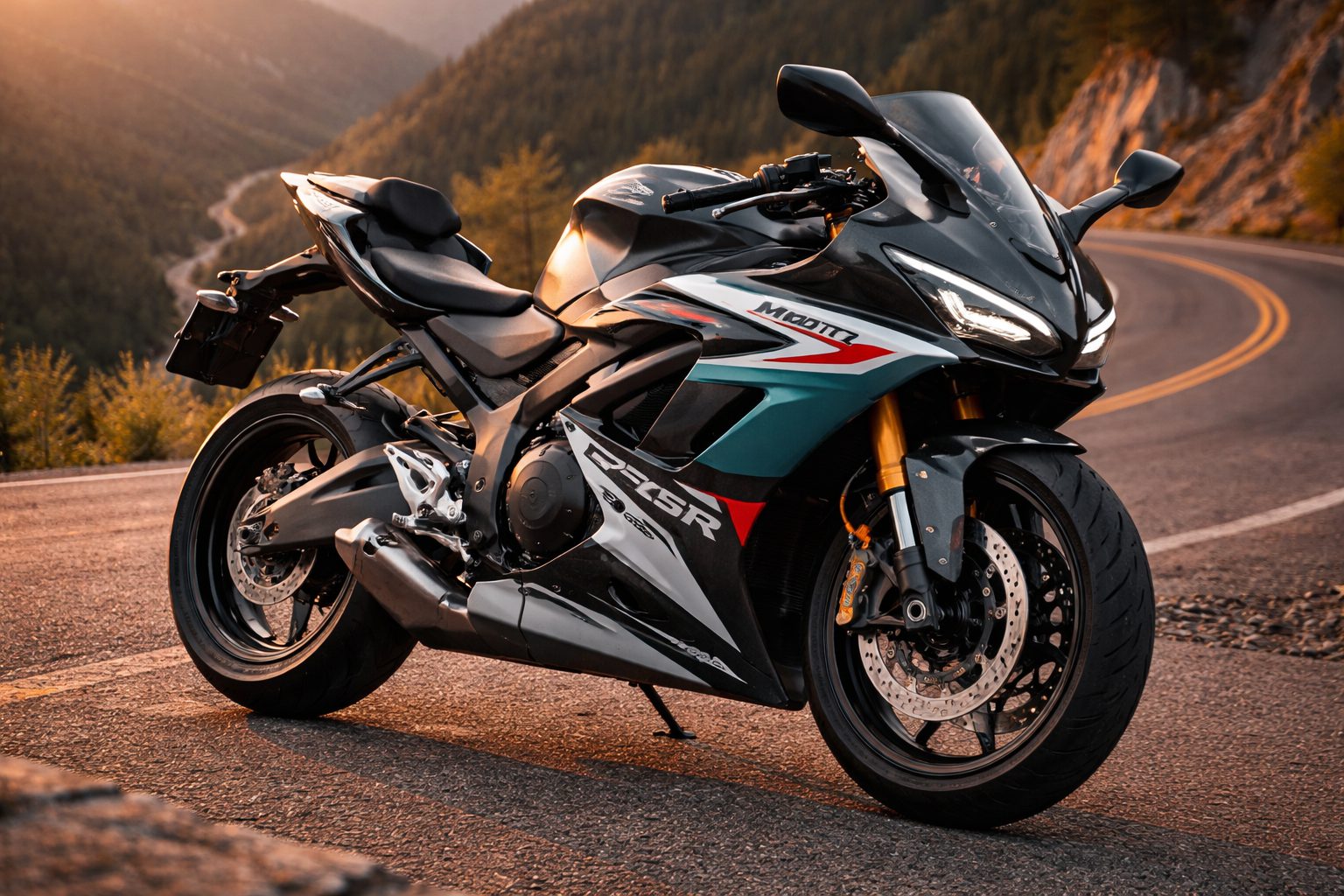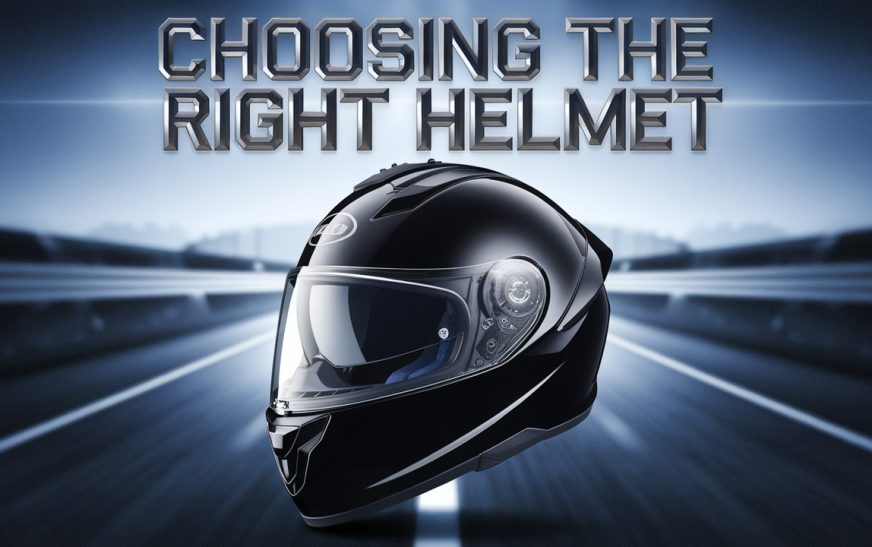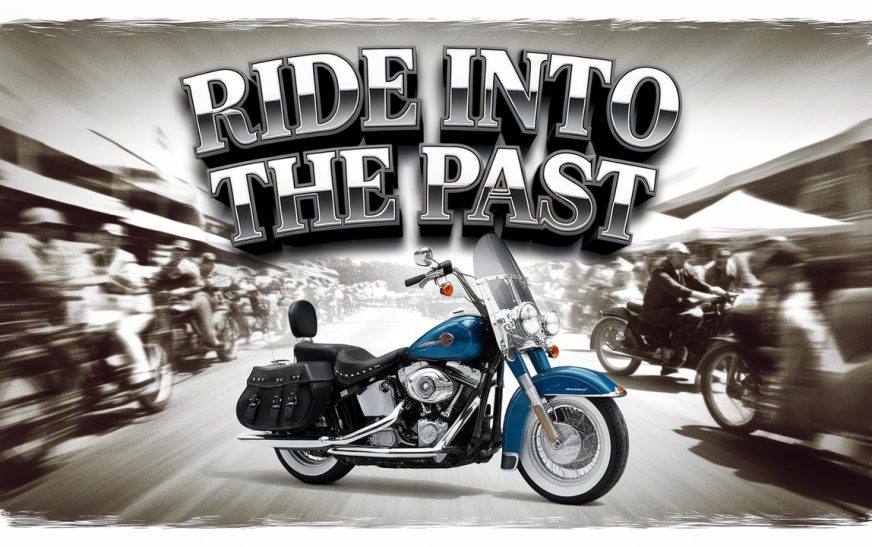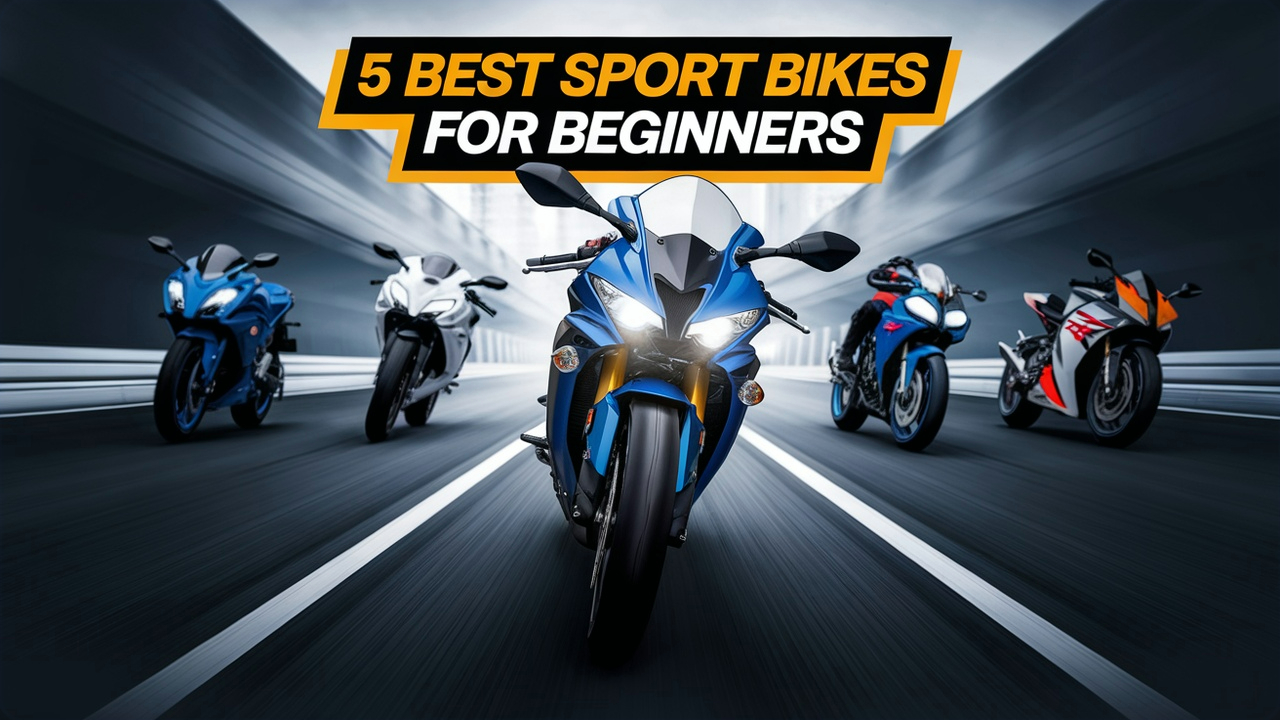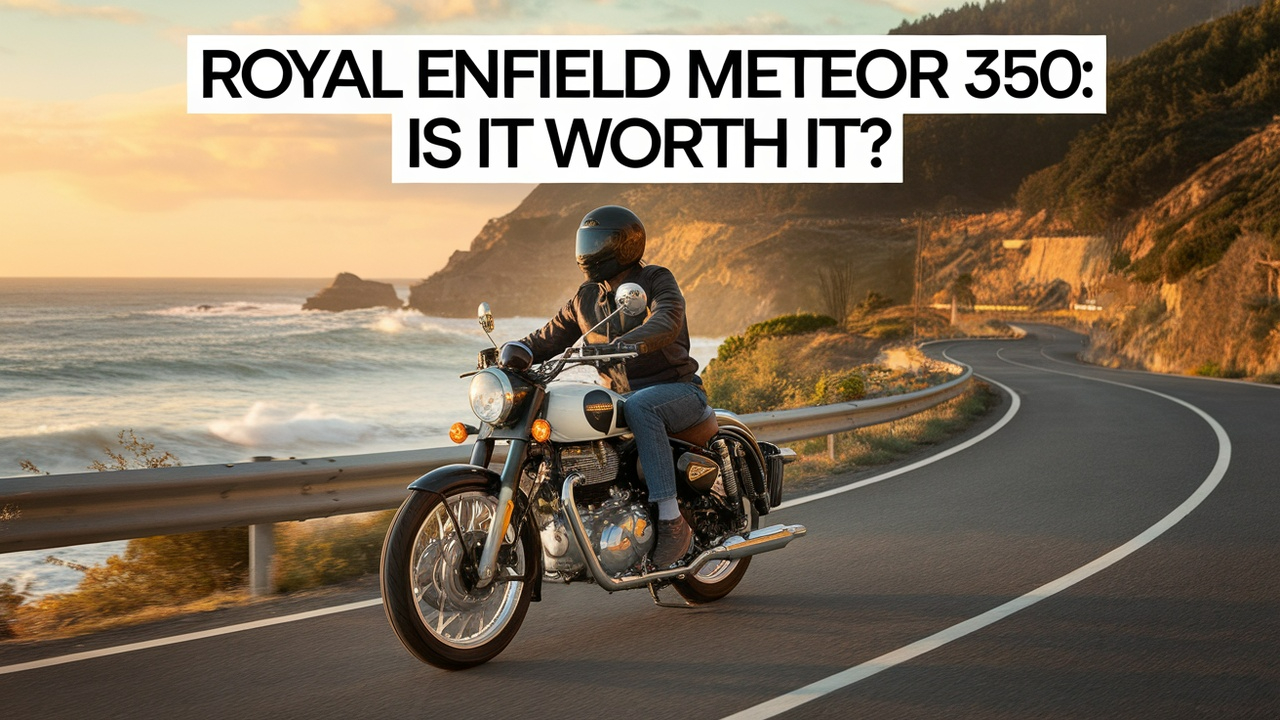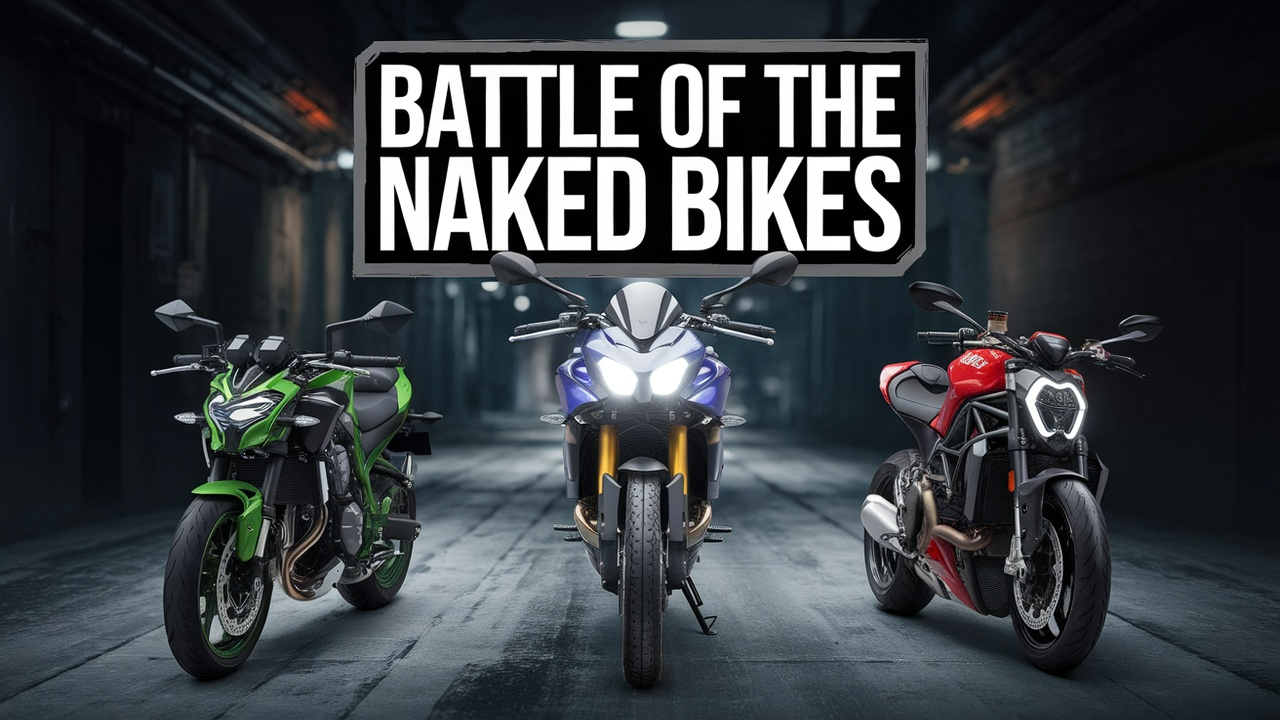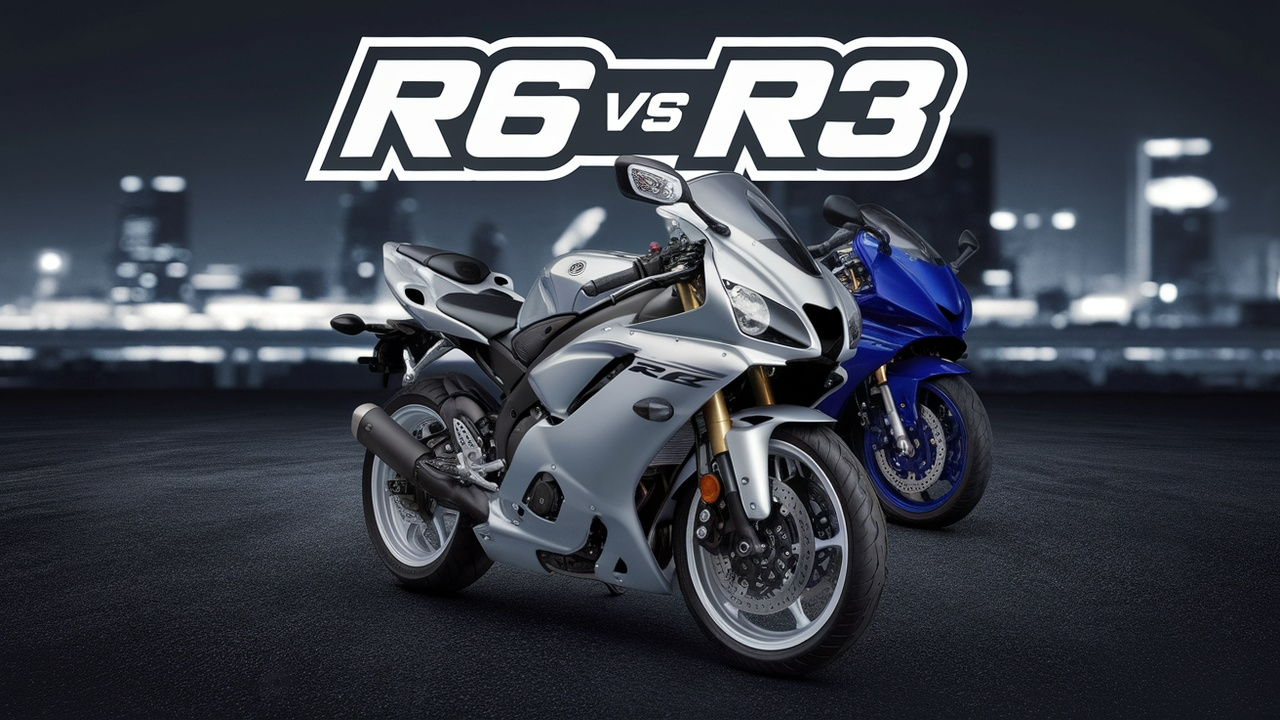A Ride Beyond the Road
Motorcycling is more than just a mode of transportation—it’s a lifestyle, a culture, and a passion. Whether you’re cruising down an open highway on a Harley-Davidson or carving through curves on a sports bike, the motorcycle world is rich with history, freedom, and a sense of camaraderie. For many, it’s not just about the thrill of riding but also about embracing a unique community and a way of life that revolves around the bike.
In this blog, we’ll dive deep into the culture and lifestyle of motorcycling. From the iconic symbols that represent this world to the events that bring riders together, we’ll explore the many facets that make motorcycle culture so distinct. Whether you’re a seasoned rider or a newcomer, the world of motorcycles offers something for everyone—freedom, adventure, and, of course, a powerful sense of belonging.
The Roots of Motorcycle Culture
Motorcycle culture traces its origins back to the early 20th century, when the first motorcycles hit the roads. The motorcycle, born out of the industrial revolution, quickly became more than just a tool for getting from point A to point B. It became a symbol of rebellion, freedom, and individuality.
The Rise of Motorcycle Clubs
One of the most significant aspects of motorcycle culture is the presence of motorcycle clubs (MCs). These clubs are more than just groups of people who ride together—they are communities, often built on a shared passion for motorcycling, but also based on ideals of loyalty, brotherhood, and sometimes, rebellion. The roots of modern motorcycle clubs can be traced back to post-World War II America, when veterans returned home and sought ways to find camaraderie and freedom on the open road.
The first well-known motorcycle club, the “Hells Angels,” was founded in California in 1948. Other clubs like the “Outlaws,” “Mongols,” and “Bandidos” soon followed. These clubs, often associated with a tough, rebellious image, helped to cement motorcycles as a symbol of nonconformity. While some of these clubs were involved in illicit activities, many others focus on charity work, riding together, and promoting camaraderie.
Motorcycle clubs often have a hierarchical structure, with members earning their way to full status through years of riding, demonstrating loyalty, and contributing to the club’s cause. The lifestyle of MCs, including their distinct patches, colors, and often private gatherings, represents a sense of solidarity and tradition that has persisted for decades.
The Appeal of Freedom
Motorcycle culture is fundamentally tied to the idea of freedom. There is something uniquely liberating about riding a motorcycle—feeling the wind against your face, the rumble of the engine beneath you, and the road stretching out ahead. Unlike driving a car, a motorcycle provides a more visceral connection to the environment. Riders experience the elements in ways that other forms of transportation simply cannot replicate.
This sense of freedom is part of the allure that attracts many people to motorcycling. For some, it’s about escaping the daily grind of life and finding solace on the open road. For others, it’s about the rush of adrenaline and the thrill of speed. Regardless of why someone rides, the freedom that motorcycles offer is central to the culture.
The Iconic Motorcycle Types
The world of motorcycles is incredibly diverse, with different types of bikes catering to various riding styles, tastes, and personalities. These bikes often become an extension of the rider’s identity, further fueling the culture and lifestyle associated with them.
- Cruisers: These bikes, like the iconic Harley-Davidson, are often associated with a laid-back, rebellious attitude. They feature large engines, low seating, and a relaxed riding position. Cruisers are the bikes most commonly associated with long-distance road trips, biker rallies, and the image of freedom on the open road.
- Sportbikes: Known for their sleek designs and high performance, sportbikes cater to riders looking for speed and agility. These motorcycles are built for high-performance, often with aggressive riding positions that allow for quick handling on tight, twisty roads. Sportbike culture emphasizes thrill-seeking and pushing the limits.
- Touring Motorcycles: These bikes are built for comfort, equipped with amenities like large saddlebags, advanced electronics, and plush seats. Riders who love to travel long distances in comfort often opt for touring bikes, and these motorcycles symbolize a lifestyle of adventure and exploration.
- Café Racers and Custom Bikes: Café racer culture has roots in 1960s Britain, where young riders would modify old motorcycles to race on narrow streets. Today, custom bikes and café racers are popular among those who appreciate the art of motorcycle modification. These bikes often reflect the rider’s personal taste and creativity.
- Adventure and Dual-Sport Motorcycles: Designed for those who love to explore both on and off the road, adventure motorcycles are versatile and rugged. These bikes are built to withstand rough terrain, making them ideal for riders seeking adventure in the wilderness. The dual-sport bike culture promotes exploration, resilience, and connection with nature.
Motorcycle Gear: Fashion Meets Function
Motorcycle gear is not just about safety—it’s an integral part of the lifestyle. The right gear not only protects riders but also makes a bold fashion statement. Iconic leather jackets, helmets, and boots have become staples of the motorcycle community, with many riders embracing the rebellious, edgy style that comes with them.
Leather Jackets and Vests
Perhaps no piece of motorcycle gear is more iconic than the leather jacket. The classic black leather jacket, often adorned with patches or designs that signify a rider’s club affiliation, has become synonymous with the motorcycling lifestyle. The material is durable, offering protection in the event of a fall, and its timeless style has made it a favorite among motorcyclists.
Helmets: Safety and Style
While helmets are a critical safety feature, they also contribute significantly to a rider’s style. From full-face helmets to vintage-style open-face models, helmets are available in a variety of designs, colors, and finishes. Many riders personalize their helmets with custom paint jobs or decals, turning them into a canvas for self-expression.
Boots and Gloves
Boots and gloves are also essential motorcycle gear. Sturdy, protective boots safeguard a rider’s feet in the event of a crash, while gloves protect the hands and improve grip. Like jackets and helmets, these items come in a wide range of styles, from rugged, utilitarian designs to fashionable, sleek options.
The Social Aspect of Motorcycle Culture
Motorcycling is not just an individual pursuit; it’s also about community. The camaraderie that exists among riders is one of the defining features of motorcycle culture. Whether through organized clubs, casual meetups, or online forums, motorcyclists often find a sense of belonging and shared passion.
Motorcycle Rallies and Events
Motorcycle rallies and events are the lifeblood of the culture. Events like Sturgis, Daytona Bike Week, and Laconia Motorcycle Week draw tens of thousands of riders from all over the world. These gatherings are a chance for motorcyclists to come together, share stories, swap bikes, and celebrate the lifestyle.
Beyond the big rallies, there are countless local events, charity rides, and club meetings that help foster a sense of community. These events create lasting memories and friendships, reinforcing the idea that being part of the motorcycle culture means being part of a larger family.
The Online Motorcycle Community
In today’s digital age, the motorcycle community has expanded beyond physical events. Online forums, social media groups, and YouTube channels provide spaces for riders to connect, share their experiences, and learn from one another. Whether it’s a group dedicated to customizing bikes or a Facebook page for local riders, the online community helps riders stay connected and engaged with the culture.
The Influence of Motorcycle Culture on Other Aspects of Life
Motorcycle culture has had a significant impact on other areas of life, from fashion and music to movies and television. The rebellious, free-spirited attitude associated with motorcycling has influenced countless subcultures and industries.
Fashion and Music
Motorcycle fashion has made its mark on the mainstream. Designers like Schott NYC and brands like Belstaff have made the leather jacket a staple of modern fashion. Rock ‘n’ roll music, particularly the rebellious sounds of punk and hard rock, has long been associated with motorcycle culture. Bands like The Clash and Motörhead have adopted motorcycle imagery, further cementing the connection between bikes and music.
Film and Television
Motorcycles have also made their mark in film and television. Movies like Easy Rider (1969), starring Peter Fonda and Dennis Hopper, helped to define the image of the freewheeling biker. TV shows like Sons of Anarchy brought motorcycle club culture to mainstream audiences, showcasing the complexities and relationships within MCs. These portrayals have had a lasting impact on how people perceive motorcycles and the riders who embrace them.
The Modern Motorcycle Lifestyle
Today, the motorcycle lifestyle continues to evolve. While many of the traditions and values of the past remain intact, modern motorcycling embraces a more diverse and inclusive community. Riders come from all walks of life, and the bikes they ride are more varied than ever.
Electric motorcycles are gaining traction, offering an eco-friendly alternative to traditional gas-powered bikes. Women riders are becoming more prominent, with female motorcycle clubs and events offering a space for women to express their love for bikes. Motorcycle culture is also becoming increasingly diverse, with people of all races, backgrounds, and ages joining the community.
The Future of Motorcycle Culture
As the world of motorcycles continues to evolve, so too will the culture surrounding it. New technologies, like self-riding motorcycles and electric bikes, are shaping the future of the sport. At the same time, traditional values of freedom, rebellion, and community remain at the heart of the motorcycle lifestyle.
Motorcycle culture is constantly evolving, but it will always be grounded in a deep love for the open road, the thrill of the ride, and the sense of belonging that comes from being part of a global community of like-minded individuals.
Conclusion
Motorcycle culture and lifestyle represent much more than just the act of riding a bike. It’s about freedom, camaraderie, and a deep connection to the road. Whether you’re drawn to the rebellious roots of motorcycle clubs, the thrill of speed on a sportbike, or the sense of adventure on a touring motorcycle, the world of motorcycling offers something for everyone.
In the end, it’s not just the machines that make motorcycling special; it’s the people, the experiences, and the shared passion for the open road that continue to define this unique and enduring culture.
Would you like to join me on my motorcycle journey?
Is your motorcycle completely covered by your insurance? Click here for additional information.

